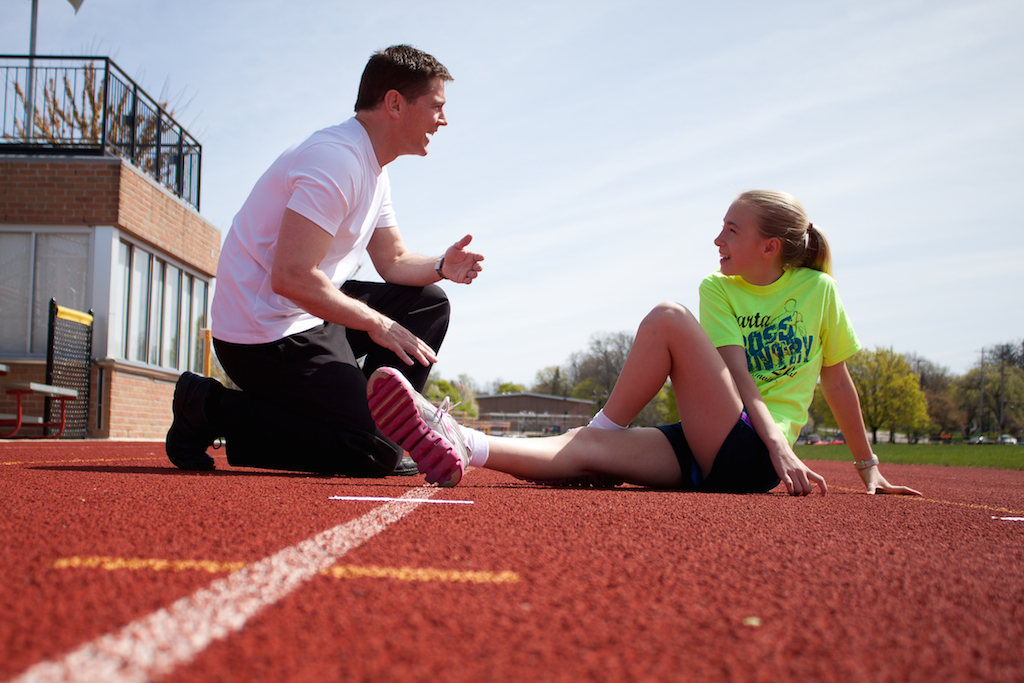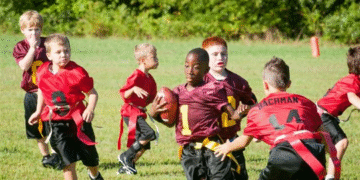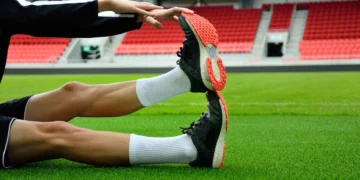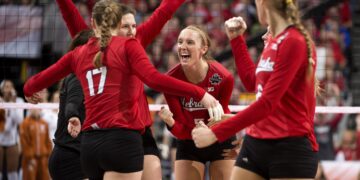Building Mental Fortitude: The Psychological Edge in Sports
Mental fortitude serves as the foundation of athletic achievement, empowering athletes to effectively handle pressure and deliver consistent, high-level performances. This complex quality integrates several key components—intense focus, emotional regulation, strong self-confidence, and relentless determination. Together, these factors are essential for athletes aiming to reach their peak potential and successfully navigate the many challenges presented during competition. Developing and strengthening these mental skills unlocks greater performance capabilities and resilience.
Research has explored how mental toughness may vary among different groups, revealing some interesting patterns. For example, some studies suggest that male athletes often report higher levels of mental toughness compared to female athletes. This difference might be linked to a greater tendency among males to adopt problem-focused coping strategies and a stronger reliance on individual skills and self-efficacy when facing adversity.
Importantly, mental toughness is not a fixed characteristic—it is a skill that can be cultivated and enhanced through deliberate practice. Psychological skills training, including pressure simulation and coping strategy development, has been shown to significantly improve athletes’ mental resilience. Such training enables athletes to maintain concentration, manage stress, and perform at their best even in high-stakes situations. Beyond immediate performance benefits, building mental toughness also contributes to improved overall well-being, helping athletes sustain motivation and confidence throughout their athletic careers.
Mastering Focus: Staying Sharp When It Counts
Maintaining unwavering focus under pressure is a defining characteristic of successful athletes and a critical factor that separates elite performers from the rest. Achieving this level of concentration requires a complex interplay of cognitive focus, emotional regulation, and an unrelenting pursuit of personal and competitive goals. Together, these elements form the foundation for thriving in high-pressure environments where distractions and stressors abound, and the stakes are high.
Athletes employ a variety of mental strategies to sustain focus during pivotal moments in competition. Visualization is one of the most widely used techniques, allowing athletes to mentally rehearse successful performance scenarios, build confidence, and prepare their minds for the demands ahead. Goal setting provides clear benchmarks and motivation, helping athletes maintain direction and purpose throughout their training and competitions. Positive self-talk acts as an internal coach, reinforcing confidence and counteracting doubts that can arise during challenging situations.
Mindfulness and attentional control have gained recognition as essential tools in an athlete’s mental toolkit. Mindfulness practices cultivate a non-judgmental awareness of the present moment, enabling athletes to observe their thoughts and emotions without becoming overwhelmed or distracted. This mental clarity enhances their ability to stay grounded and focused on the task at hand. Attentional control further refines this ability by training athletes to direct their concentration selectively, filtering out irrelevant stimuli and honing in on performance-critical cues.
The benefits of psychological skills training and mindfulness-based interventions extend beyond simple focus. These approaches help athletes manage the physiological and psychological effects of stress, such as increased heart rate and anxiety, which can impair performance. By practicing relaxation techniques, breathing exercises, and cognitive restructuring, athletes learn to modulate their stress response, maintaining composure and decision-making abilities even in the most intense moments.
Silencing the Inner Critic: The Power of Positive Self-Talk
Positive self-communication serves as a powerful strategy for athletes aiming to enhance their performance and navigate mental barriers effectively. By consciously managing negative internal dialogue and fostering a nurturing, encouraging mindset, athletes can tap into deeper reserves of confidence and motivation, ultimately unlocking greater potential both in training and competition.
The “inner critic” represents the barrage of self-doubts and negative thoughts that can erode an athlete’s confidence and hinder performance. Becoming aware of this internal voice—recognizing the specific patterns of negativity and the circumstances in which it arises—is essential for gaining control over it. This self-awareness empowers athletes to challenge and diminish the influence of destructive thoughts before they take hold.
One effective method to combat the inner critic is through the use of positive affirmations. These are carefully crafted statements that reinforce an athlete’s abilities, strengths, and goals, serving as mental reminders of their capabilities. When repeated regularly, affirmations can reshape thought patterns, helping to displace negativity with constructive and motivating beliefs. For maximum impact, affirmations should be realistic, personalized, and deeply connected to the athlete’s core values and aspirations.
Reframing is another valuable technique that encourages athletes to reinterpret challenges and setbacks through a more constructive lens. Instead of fixating on mistakes or failures, reframing invites a focus on lessons learned and opportunities for growth. This cognitive shift nurtures a growth mindset, encouraging resilience and persistence even in the face of adversity. By viewing difficulties as stepping stones rather than obstacles, athletes cultivate mental flexibility and long-term success.
Emerging research underscores the critical connection between intrinsic motivation—the internal drive to engage in sport for personal satisfaction—and positive emotional experiences. Studies with adolescent athletes reveal that those who exhibit higher levels of intrinsic motivation tend to experience stronger feelings of pride, enjoyment, and fulfillment. This emotional positivity not only boosts mental well-being but also enhances sustained engagement and performance in sports, highlighting the importance of nurturing internal motivation alongside positive self-communication strategies.
Visualization: Mental Rehearsal for Success
Visualization is a powerful mental technique that involves vividly imagining specific actions or successful outcomes. It is increasingly recognized for its ability to enhance various cognitive functions, such as improving decision-making speed and accuracy, extending attention span, and sharpening spatial awareness. By regularly rehearsing success scenarios mentally, athletes effectively train their brains to execute skills more efficiently under pressure.
Beyond skill enhancement, visualization plays a significant role in building psychological resilience—often described as mental toughness. It supports healthy emotional regulation by helping athletes manage stress and competitive anxiety, fostering a calm and focused mindset. Consistent practice of visualization strengthens mental clarity and confidence, both of which are essential for achieving optimal performance during competition.
Cutting-edge neurobiological research is shedding light on why visualization works so effectively. Studies reveal that exercise-related biomarkers and brain activity patterns support the cognitive improvements linked to these mental rehearsals. This close mind-body interaction underscores the need to blend mental conditioning with physical training to promote well-rounded athletic development.
Emerging trends in sports psychology now integrate technology with mental training techniques. Sophisticated tools and wearable devices provide real-time data on both physiological and psychological states, offering athletes and coaches detailed insights. By combining data-driven analytics with traditional visualization exercises, athletes can personalize their mental training, maximizing their potential and gaining a competitive edge.







